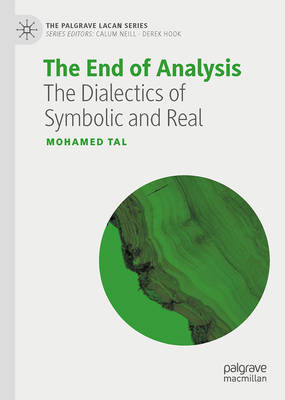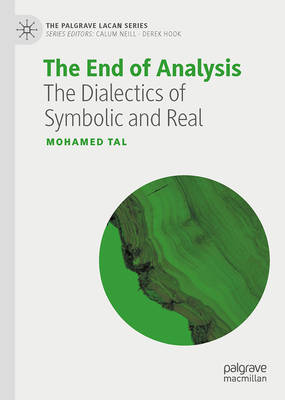
- Retrait gratuit dans votre magasin Club
- 7.000.000 titres dans notre catalogue
- Payer en toute sécurité
- Toujours un magasin près de chez vous
- Retrait gratuit dans votre magasin Club
- 7.000.0000 titres dans notre catalogue
- Payer en toute sécurité
- Toujours un magasin près de chez vous
Description
This book interrogates the "end of analysis" in psychoanalytic thought from Freud to Lacan. It demonstrates that the notions of mourning, renunciation, liquidation of transference, and traversal of fantasy cannot serve as a settlement for the castration complex (i.e., central to neurosis) but are rather prey to the castration complex itself. It shows how psychoanalysis remains incomplete as long as it has not surpassed them as fantasies sustained by psychoanalytic ideology. In other words, it argues that the analytic procedure must pull psychoanalysis out of this therapeutic tradition for it to be complete and to instigate an attempt of its renewal.
The book equally revisits Freud's and Lacan's underpinnings in the Enlightenment project, in order to formulate the problem of transference on proper dialectical foundations--that is, the mechanism of alienation from Descartes to Hegel, Kierkegaard's concept of anxiety, as well as the concepts of authority and value in Durkheim, Mauss, and Marx. In doing so, it provides fresh insights that will appeal to practitioners, as well as to scholars of psychoanalysis and philosophy.
Spécifications
Parties prenantes
- Auteur(s) :
- Editeur:
Contenu
- Nombre de pages :
- 143
- Langue:
- Anglais
- Collection :
Caractéristiques
- EAN:
- 9783031298882
- Date de parution :
- 14-07-23
- Format:
- Livre relié
- Format numérique:
- Genaaid
- Dimensions :
- 148 mm x 210 mm
- Poids :
- 344 g

Les avis
Nous publions uniquement les avis qui respectent les conditions requises. Consultez nos conditions pour les avis.






